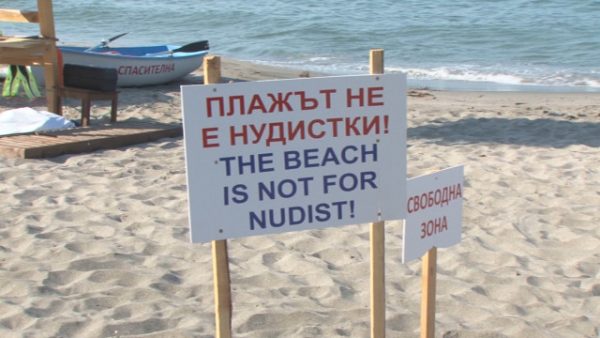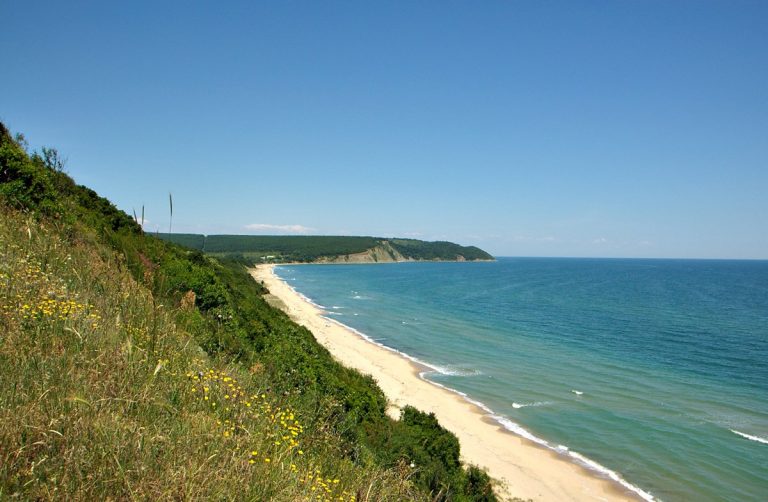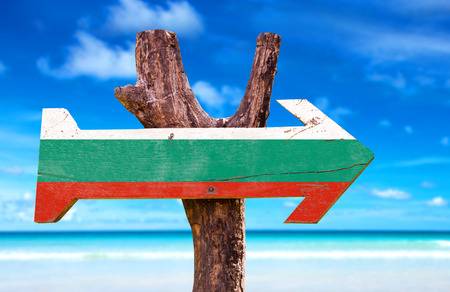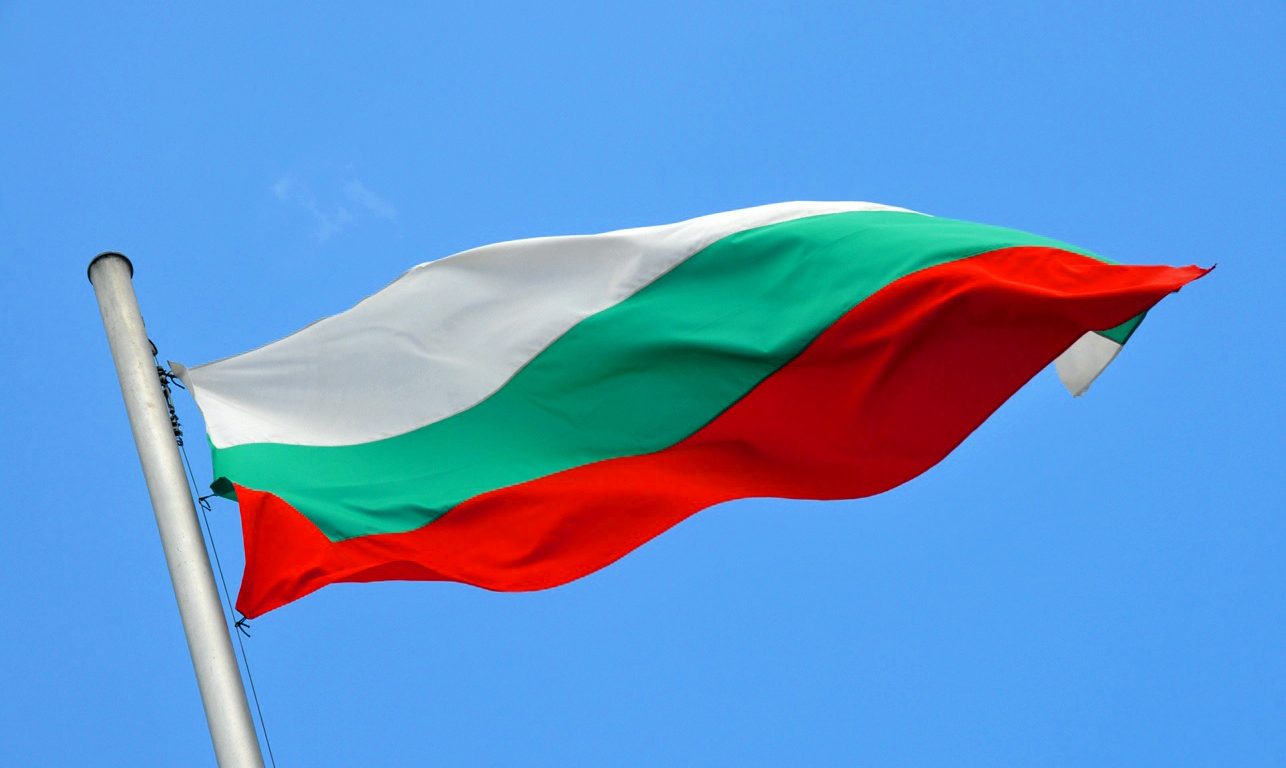Police have fined nudists at Bulgaria’s Delfin beach, a traditional clothing-optional strip for decades, in the latest episode of ongoing clashes between naturalists and the tenant of the beach who opposes public nudity.
Police from the town of Tsarevo and municipal officials descended following a complaint about public nudity at the beach, on Bulgaria’s southern Black Sea coast between Varvara and Ahtopol.
Bulgaria’s Interior Ministry said that it was obliged to respond to such a complaint.
Tsarevo’s municipal ordinance on public order and the environment includes a provision prohibiting, at any time of year, “obscene and scandalous conduct and other acts that violate the accepted norms of morality and decency in streets, squares, parks and other public places or public and/or residential buildings”.
The mayor of the town, Georgi Lapchev, said last week that nudists on Delfin beach could be penalised because the beach could be considered a public place and being naked there could be considered improper behaviour.
Bulgaria has a few spots along its Black Sea coastline where nudity is customary, while topless bathing is nothing out of the ordinary on many Bulgarian beaches.

Bulgarian media pointed that the country’s laws were not clear on the issue of nude bathing. The regulations were open to subjective interpretation, such as whether the “hundreds if not thousands of women” who sunbathe topless on beaches every year could be fined for doing so, or even convicted of hooliganism.
Authorities have tended to ignore the issue, and it hardly has been a matter for public debate.
In 2013, Bulgarian Orthodox, Roman Catholic and Protestant Christians united in the Bulgarian Black Sea city of Bourgas to petition the mayor to outlaw topless bathing. He turned them down.
But the Delfin dispute has brought the matter back to the headlines, after earlier in July 2013, the new renter of the beach, Danail Vlahovski, posted signs saying that nudism was banned there.
“The beach is for normal people and it is not possible for naked people to walk up and down,” he told local media.

Tsarevo mayor Lapchev said of the Delfin dispute: “What is happening there is that a small group of people believe it is their beach. A tenant believes that it is his beach. The truth is that if someone has to claim ownership, it is the local people who believe that the beach is for everyone”.
Nudism has not been the only issue in the conflict.
Earlier in July, it was reported that a petition had been raised that Delfin should be preserved as a beach for “nature-friendly tourism” and it should not be rented out. The petition, to the Tourism Ministry, calls for the declaration of Delfin as an “eco” beach even if this means termination of the rental agreement.
In May, visitors to the beach complained to the authorities that trees and shrubs had been cut down on one of the small slopes at the beach, which is in a zone protected by the EU Natura 2000 nature conservation system and is within the borders of the Strandzha Nature Park.
After an investigation, the Regional Prosecutor’s Office in Tsarevo instituted proceedings against, in the legal terminology, an unknown perpetrator.
Reports at the time said that the trees and shrubs had been cut to open the way for a wooden stepway to the beach and a dirt road. In June, the regional environment ministry’s directorate in Bourgas fined the tenant of the beach because of the construction of the wooden stepway and ordered a halt to the building of it because the site is in the Strandzha Nature Park and the construction had not been co-ordinated with the Environment Ministry.
The tenant rejected as untrue allegations that trees and shrubs had been cut to make way for the wooden construction.
Tonka Atanassova, head of the regional inspectorate of environment and water in Bourgas, said in June that at the time of the inspection, it had been established had a dirt road had been made, leading to a spot where a power generator had been installed.
If it was found that the tenant was responsible for this, there would be criminal liability, she said.

Chaya Voykova, who has been going to the Delfin beach since the mid-1980s, said that there never before had been any conflict between nudists and other visitors to the beach.
“There are wild rabbits, otters, various kinds of birds, this is all still there, but with any urbanisation in such a natural place, they will go elsewhere or die. It is no coincidence that the beach is called Delfin [“Dolphin”]. This is a place where the dolphins come. We swim among the dolphins,” Voykova said.
“The water is clean because there is nothing to pollute it. If there were restaurants, if there were motorbikes – we already have those – if we have a first-aid station, which there isn’t yet, if there were toilets and showers, in the absence of infrastructure, I really don’t know – given that there’s no water supply and sewerage piping, where will it come from and where will the water go? Both clean and dirty,” she said.
Voykova told local media that she tried to have a dialogue with the tenant of the beach and his representatives but had not succeeded. The tenants, in turn, told reporters that new visitors to the beach were uncomfortable with the sight of naked people, while the nudists were uncompromising about this being “their beach”.
(Main photo: Marek Bernat)
Source: https://sofiaglobe.com/2017/07/20/the-battle-over-a-bulgarian-beach-nudists-vs-the-new-tenant/
